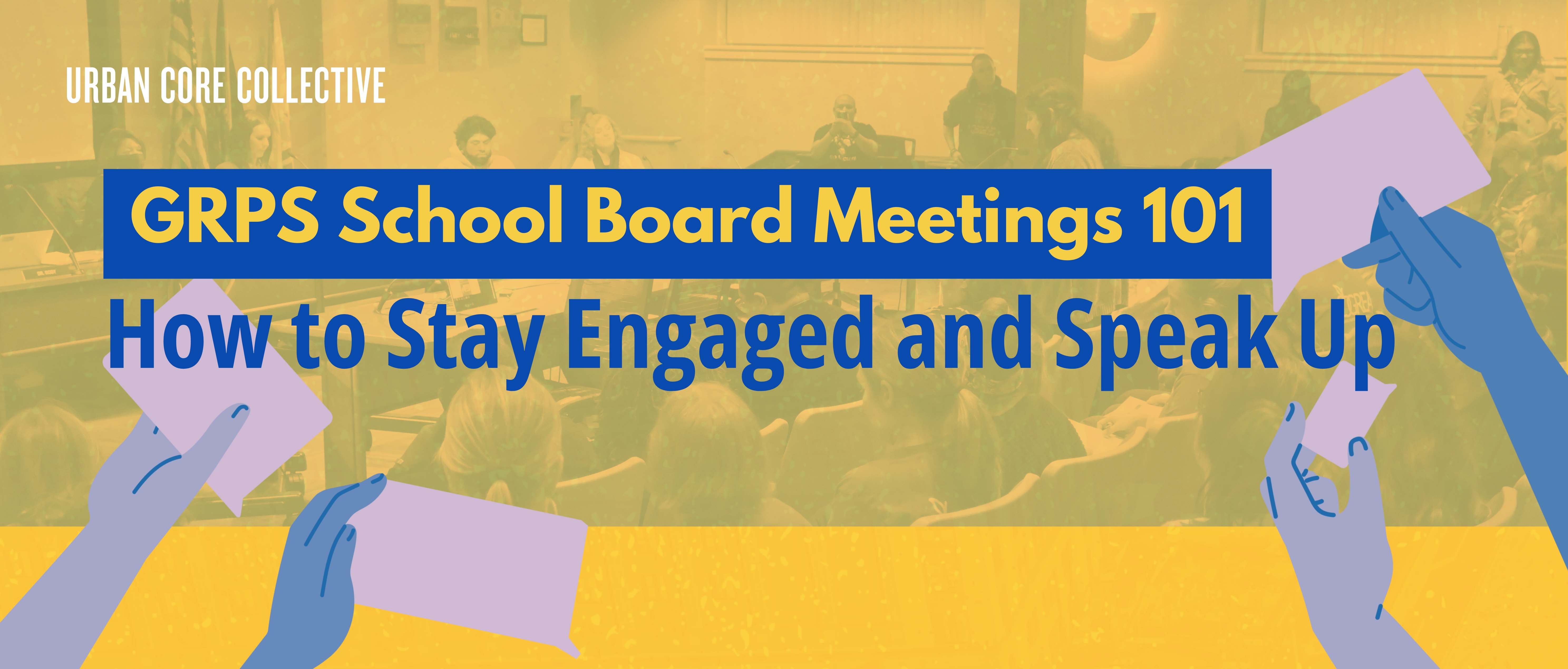
In late March, our Democracy team coordinated a field trip to the City of Wyoming Wastewater Treatment Plant. Community members joined us on this tour, guided by our knowledgeable guide, Doug. Throughout the experience, we gained a deep appreciation for a system that runs quietly beneath our feet yet plays a vital role in protecting our health and our environment.
Science in Action: Clean Water Starts Here
The field trip began in a classroom-style space where our guide broke down the complex science of the wastewater treatment process. We learned that this plant serves about 230,000 people across Wyoming, Kentwood, and Byron-Gaines, and can treat up to 24 million gallons of wastewater daily.
He taught us about the "activated sludge" process—a method involved in cleaning wastewater in which microorganisms eat away at harmful waste in the water. After that, it goes through an ultraviolet LED light process that zaps any harmful bacteria, so they can’t reproduce. Once the process is complete, the water is considered clean and is returned to the Grand River.

A Wake-Up Call: What We Flush Matters
Doug didn’t shy away from talking about the challenges facing wastewater systems today: PFAS, microplastics, pharmaceuticals, and the struggle to dispose of biosolids (a byproduct of the wastewater treatment process). He also shared some practical advice: never flush wipes (even the so-called "flushable" ones) and do not pour grease down the drain! These everyday actions clog our shared wastewater systems and harm the environment. The solution? Small, intentional choices:
- Return unused medications to participating pharmacies (don’t flush!)
- Take hazardous waste to approved collection sites
- Throw cooled grease and oil in the trash
- Only flush toilet paper and human waste
These steps are important for being a good neighbor today and for safeguarding clean water for generations to come!

Organizing and Advocating for Clean Water
It’s easy to take this essential infrastructure for granted. But here’s the truth: clean water isn’t just a technical achievement, it’s a democratic one. The Clean Water Act of 1972 didn’t just appear out of thin air; it was passed because people organized, spoke out, and voted. This act requires states and local municipalities to regulate pollutant discharges and ensures water quality standards are upheld. During the tour, our guide spoke to how Wyoming City Council members influence how this local system is funded and maintained, including voting on upgrades to equipment at the facility.
From sewer system upgrades to environmental protections, your vote impacts your water.
So next time you're at the ballot box, remember: democracy flows through our pipes too.
Join Us Next Time
This was more than a field trip: it was a chance to see democracy, science, and community care in action! Want to experience this for yourself? Join us for our next field trip, where we will be touring the Kent County Landfill and the Recycling Center. We are on a journey of exploring various systems that shape our lives and learning about the ways we shape them back.


.jpg)


.png)

